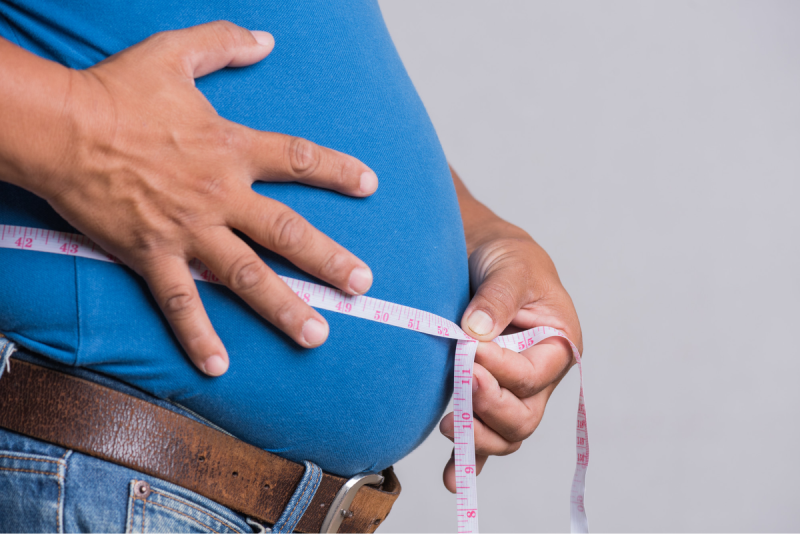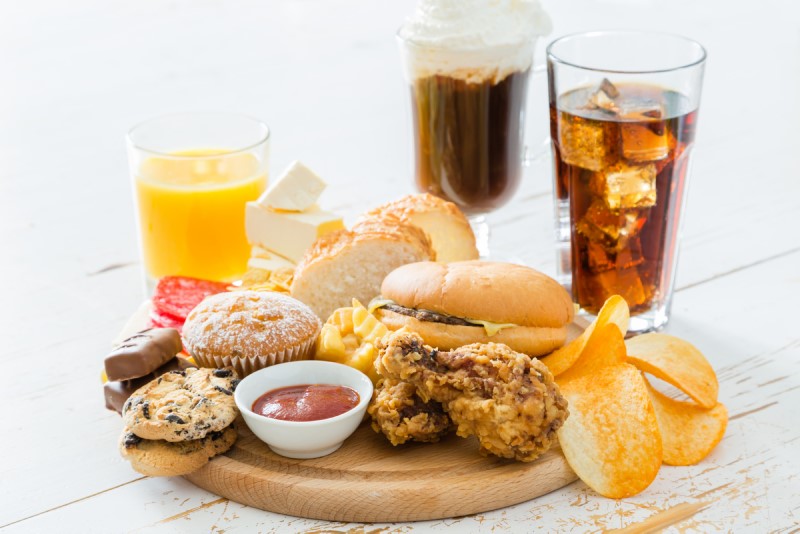Adopting a ketogenic diet can be an effective therapeutic option for children with refractory epilepsy. This article combines practical tips for preparing your child for this diet and ideas for ketogenic meals to make this transition more enjoyable and less constraining.
Preparation for the Ketogenic Diet
- Regular Meal Times: Establish fixed times for meals and snacks.
- Sugar Reduction: Gradually decrease the consumption of sweets and replace sugary drinks with lower-carb alternatives.
- Food Substitutions: Favor natural yogurts, protein snacks, and low-carb vegetables. Serve dairy products and vegetable drinks with low carbohydrate content.
- Creative Alternatives: Experiment with appetizing recipes using eggplants as fries or cauliflower as a base for pizzas, konjac pasta, or purees of broccoli or celery.
Keto Recipe Ideas for Children
- Keto Ham and Egg Muffin: Use ham as a base in a muffin tin, add a mixture of eggs and heavy cream, and bake.
- Keto Walnut Pancakes: Mix macadamia nuts, eggs, and vanilla extract, then cook like traditional pancakes.
- Keto Chocolate Cookies: Combine almond flour, eggs, and dark chocolate chips for tasty cookies.
- Keto Chicken Nuggets: Coat chicken pieces in egg white and almond flour breadcrumbs, then bake.
- Berry and Nut Butter Smoothie: Blend berries, almond butter, and unsweetened almond milk for a refreshing smoothie.
- Avocado Ice Cream: Blend avocado, coconut milk, and other ingredients of your choice for a creamy ice cream.
- Mini Keto Pizzas: Use a keto pizza base and top the pizzas according to your child’s preferences: ham, mozzarella…
Transitioning to a ketogenic diet can be facilitated by preparations and recipes tailored to children’s needs and tastes. Always consult a specialized nutritionist to adjust portions and ingredients according to your child’s specific needs.
References:




